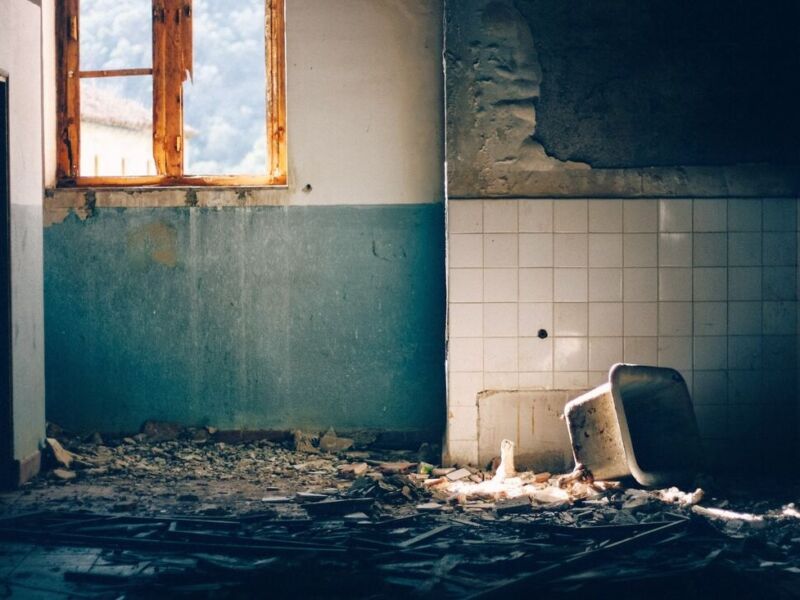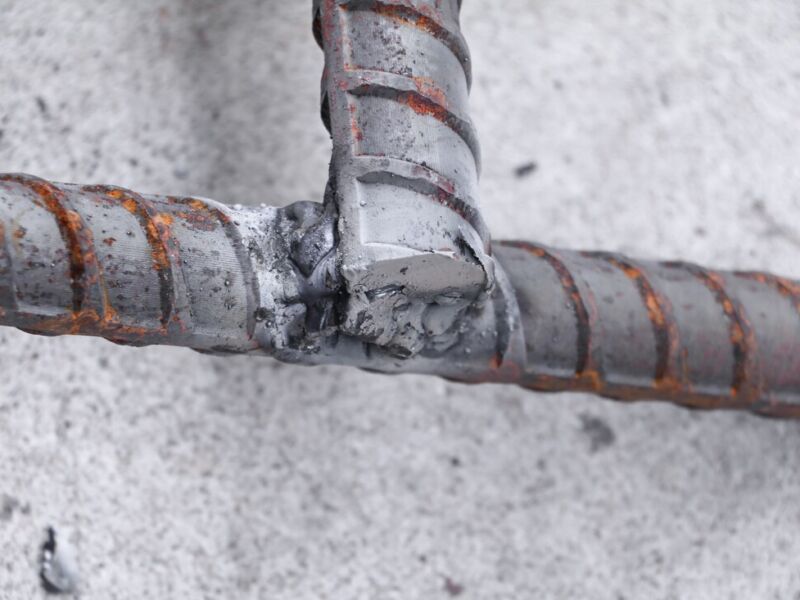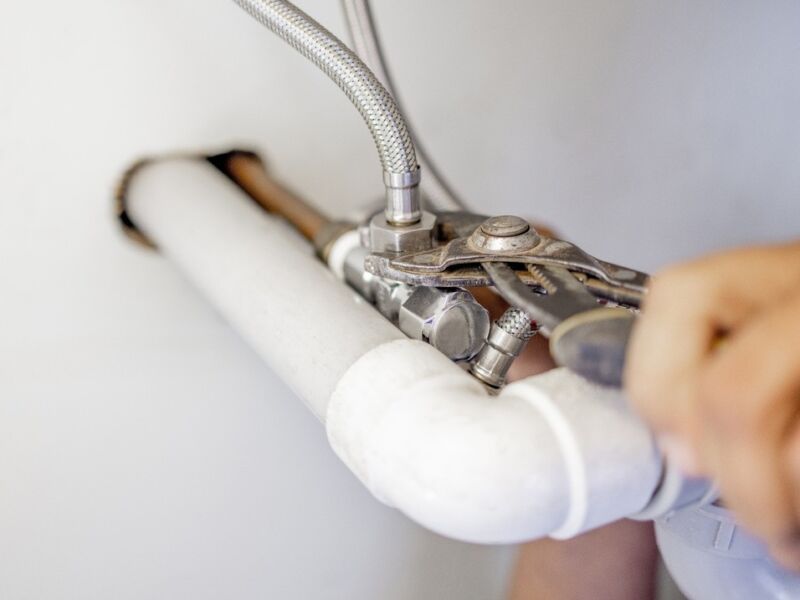
Introduction
Protecting your home from pipe damage is crucial to maintain the integrity and functionality of your plumbing system. Leaking pipes, burst pipes, and other plumbing issues can cause extensive water damage and lead to costly repairs. In this article, we will discuss various tips and tricks to protect your home from pipe damage, the importance of regular maintenance, and how to address pipe damage when it occurs.
The Importance of Preventive Measures

Taking preventive measures to protect your home from pipe damage can save you from expensive repairs and inconvenience in the long run. Here are some essential tips to keep in mind:
1. Insulate Exposed Pipes
Exposure to cold temperatures can cause pipes to freeze and potentially burst. To prevent this, insulate any exposed pipes in unheated areas of your home, such as the attic, basement, or crawl spaces. Insulation sleeves or wrapping can provide the necessary insulation to keep the pipes from freezing.
2. Maintain Proper Insulation in Your Home
Maintaining proper insulation in your home not only helps with energy efficiency but also protects your pipes. Proper insulation helps to regulate the temperature inside your home, preventing extreme temperature fluctuations that can damage pipes.

3. Keep a Consistent Thermostat Setting
Setting your thermostat to a consistent temperature, especially during winter months, can help prevent temperature fluctuations that may lead to frozen or burst pipes. Avoid drastic temperature changes, as this can stress the pipes and increase the risk of damage.
4. Seal Air Leaks
Identify and seal any air leaks in your home, especially in areas where pipes are located. Air leaks can allow cold air to enter and cause pipes to freeze. Use caulk or weatherstripping to seal gaps and cracks around windows, doors, and other areas where air penetration is likely.
5. Regularly Inspect and Clean Gutters
Clogged gutters can lead to water backup, which can cause damage to the exterior of your home and potentially affect the pipes. Regularly inspect and clean your gutters to ensure proper water drainage and prevent water from seeping into your home’s foundation.
6. Practice Safe Plumbing Habits
Avoid flushing anything other than toilet paper down the toilet and dispose of grease and other debris properly. Flushing non-flushable items and pouring grease down the drain can lead to clogs and put unnecessary strain on your pipes.
7. Be Mindful of Tree Roots
If you have mature trees near your property, be mindful of their root systems and their potential to cause damage to underground water lines. Tree roots can infiltrate pipes, leading to leaks or burst pipes. Consider consulting with a professional to assess the risk and take necessary precautions.
The Importance of Regular Maintenance
Regular maintenance is essential to identify and address potential issues before they escalate into major problems. Here are some key maintenance tasks to keep in mind:
1. Schedule Annual Plumbing Inspections
Professional plumbing inspections can help identify any potential issues before they worsen. A licensed plumber can inspect your pipes, identify leaks, and address any necessary repairs or replacements. Consider scheduling an annual plumbing inspection to ensure your pipes are in good condition.
2. Check for Signs of Leakage
Regularly inspect your home for signs of leaks, such as water stains, musty odors, or damp spots on walls and ceilings. Addressing leaks promptly can prevent further damage and costly repairs.
3. Monitor Water Pressure
Unusually high or low water pressure can indicate underlying pipe issues. Use a pressure gauge to monitor water pressure regularly and consult with a professional if you notice any significant changes.
4. Drain and Insulate Outdoor Faucets
Before winter arrives, properly drain and insulate outdoor faucets and hoses to prevent freezing and potential damage. Disconnect and store hoses, and consider using faucet covers or insulation materials to protect outdoor faucets from freezing temperatures.
Addressing Pipe Damage
Even with preventive measures and regular maintenance, pipe damage can still occur. In such cases, it’s important to address the issue promptly to avoid further damage. Here’s what you can do:
1. Turn Off the Water and Electricity
If you discover a burst or leaking pipe, the first step is to turn off the water supply at the main shut-off valve. It’s also advisable to turn off the electricity in the affected area to prevent any electrical hazards.
2. Contact a Professional Plumber
While some minor pipe repairs can be done by homeowners, it’s best to contact a professional plumber for major pipe damage. A licensed plumber has the knowledge and expertise to assess the situation accurately and perform necessary repairs or replacements.
3. Contact Your Insurance Company
If the pipe damage results in significant water damage to your home or property, contact your insurance company to report the incident and initiate the claims process. Document the damage with photographs and keep records of any repairs or expenses incurred.
Frequently Asked Questions (FAQ)
What should I do if I discover a burst pipe?
How can I prevent frozen pipes?
Protecting your home from pipe damage requires a combination of preventive measures and regular maintenance. By taking proactive steps and addressing pipe damage promptly, you can ensure the longevity of your plumbing system and avoid costly repairs.
For professional pipe repair and other plumbing services in Spring Valley, NV, trust Water Damage Restoration Pros of Las Vegas. Contact us at 725-210-8500 or visit our website for more information.


